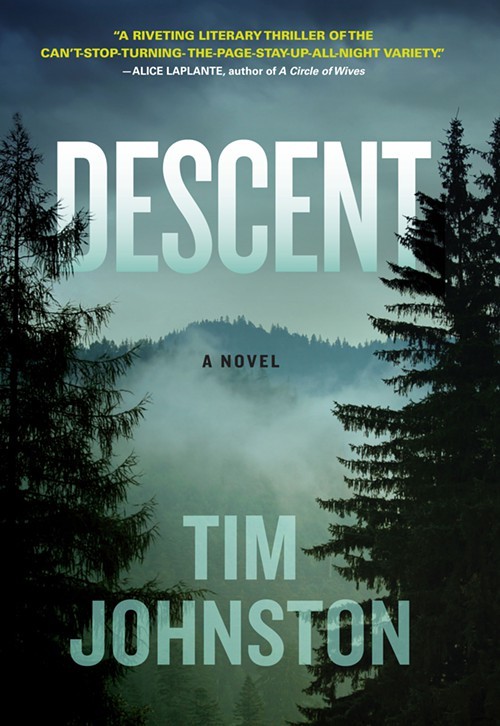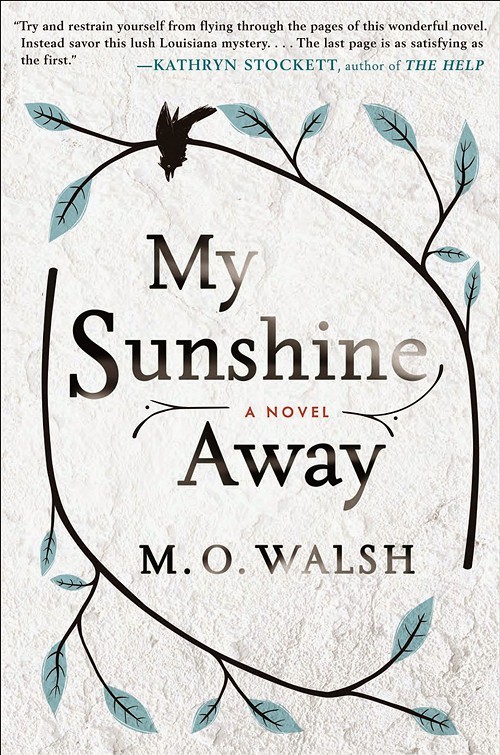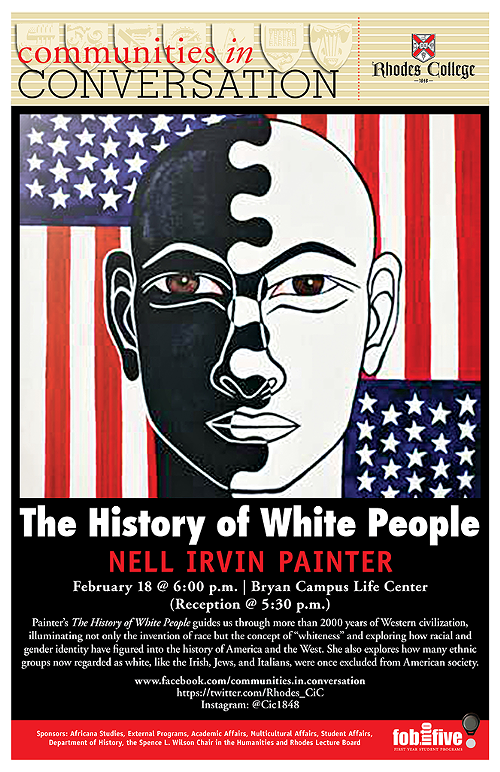
The weather may not be the best this week, but Wednesday and Thursday are just fine in Memphis for writers and signings.
Native Memphian Alan Lightman (right), whose new memoir, Screening Room (subject of the Flyer’s book column that appears on Wednesday), will be at story booth (438 N. Cleveland) to read from, discuss, and sign his book on Thursday from 6 to 8 p.m.
And the same night, Tim Johnston, of the creative writing program at the University of Memphis, will be doing the same: reading from, discussing, and signing his critically acclaimed debut novel, Descent.
[jump]


Johnston will be at the U of M’s University Center Bluff Room, with a reception at 5:30 p.m. and the reading at 6 p.m. For more information and any questions about Johnston’s signing, presented by the Marcus W. Orr Center for the Humanities, contact Robert Marczynski at marczyns@memphis.edu. And for more on Descent, go to the writeup that accompanied Johnston’s own recent reading at story booth.
Descent is a suspense story set in motion when a high school track star goes missing in the Colorado Rockies, and it follows what becomes of not only her but of the anguished family left behind. Fifteen-year-old Lindy Simpson is another high school runner, but she doesn’t go missing in the pages of another debut novel: M.O. Walsh’s My Sunshine Away (Putnam). Lindy does meet with her own trauma, however, when she is raped one night on her quiet, upscale street in Baton Rouge. Among the suspects, back in 1989 when the incident occurred, is a 14-year-old boy who lived across from Lindy, and he suffered from more than a serious schoolboy crush. He unwittingly helped to ruin the next several years of Lindy Simpson’s life.
Like Descent, this is a suspense novel, and it may be aimed at adult readers. But it can easily be read by young adults too — should be read by young-adult male readers. What does it mean to be a man? What’s it take to grow into one? Those are core questions in My Sunshine Away, and it takes the narrator, now in his 30s, half a lifetime to puzzle over the tough questions and arrive at some not-so-easy answers in what amounts to a 300-page case study on the damage men — and some boys — do. A beautifully written and unsparing coming-of-age story, the novel can also descend, as Johnston’s harrowing novel does, to downright creepy.
M.O. Walsh grew up in Baton Rouge, graduated from the MFA program at the University of Mississippi, and now directs the Creative Writing Workshop at the University of New Orleans and the Yokshop Writers Conference in Oxford. He’ll be discussing and signing My Sunshine Away at The Booksellers at Laurelwood on Wednesday at 6:30 p.m., and it’s the latest event in the store’s “Literary Tastemakers” series.

Another series continues Wednesday night when “Communities in Conversation” at Rhodes College welcomes Nell Irvin Painter, Edwards Professor of American History, Emerita, at Princeton, to discuss “The History of White People,” based on her book of that title published in 2010. The lecture, free and open to the public, will take place inside the McCallum Ballroom of the Bryan Campus Life Center at 6 p.m., with a book signing to follow.
What does Painter mean by a history of white people? What does “white” even mean, what has it meant across history and cultures? Jonathan Judaken of Rhodes asked those same questions in a recent 30-minute interview with Painter that aired on his radio show on WKNO FM, “Counterpoint.” The interview is well worth your attention if you can’t make it to Painter’s lecture. If you do make it, you’ll already know what an impressive communicator she is. To Judaken’s question about that phrase “post-racial era” when Obama was elected president, you can turn today’s headlines for an update. Or you can take Painter’s word for it — actually, two words: “Total poppycock.”
For more information on Nell Irvin Painter’s lecture and book signing and on the “Communities in Conversation” series, go to Facebook.com/Communities.in.Conversation or Twitter @Rhodes_CiC, or contact Jonathan Judaken, Spence L. Wilson Chair in Humanities at Rhodes, at judakenj@rhodes.edu. •